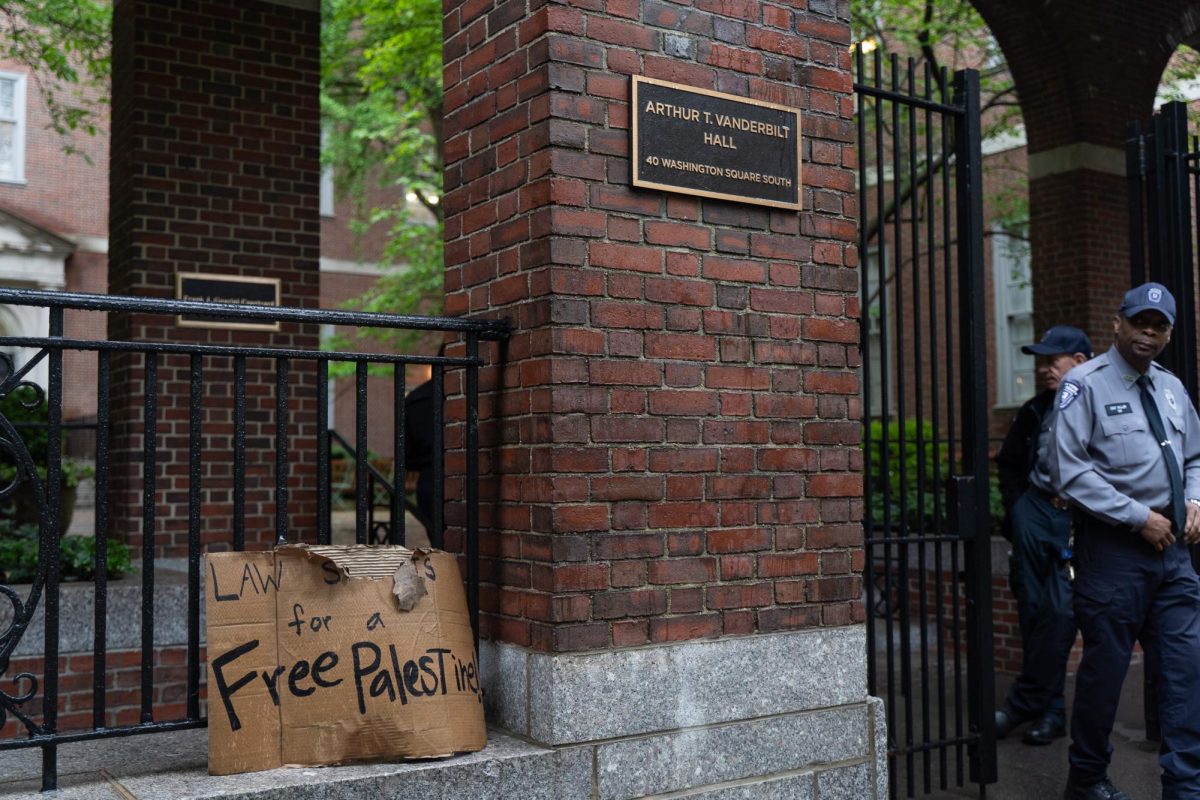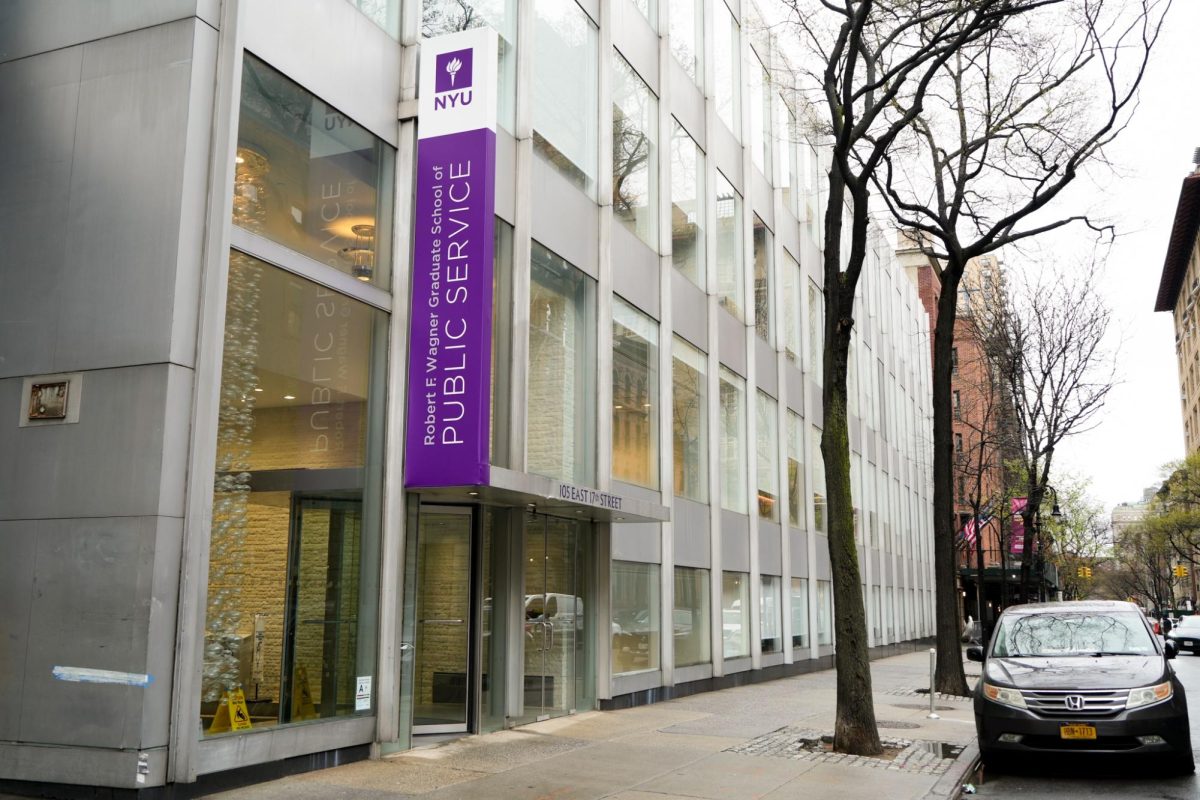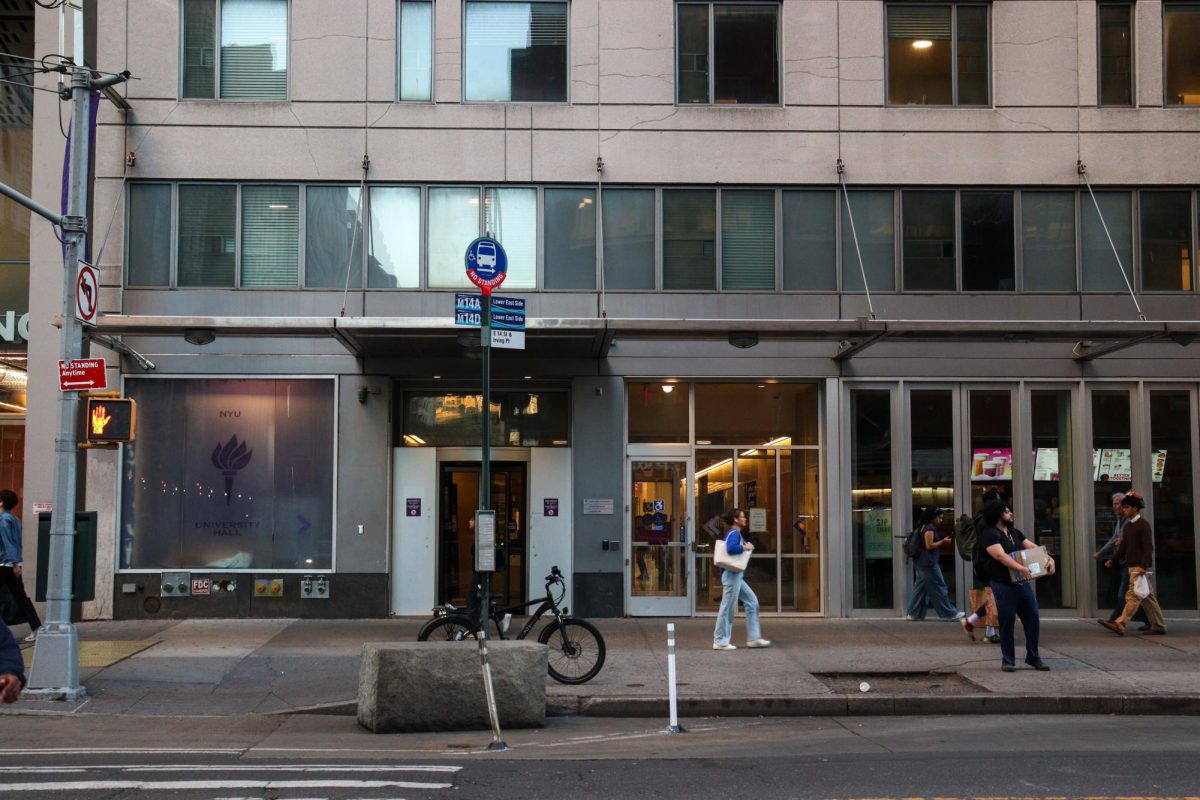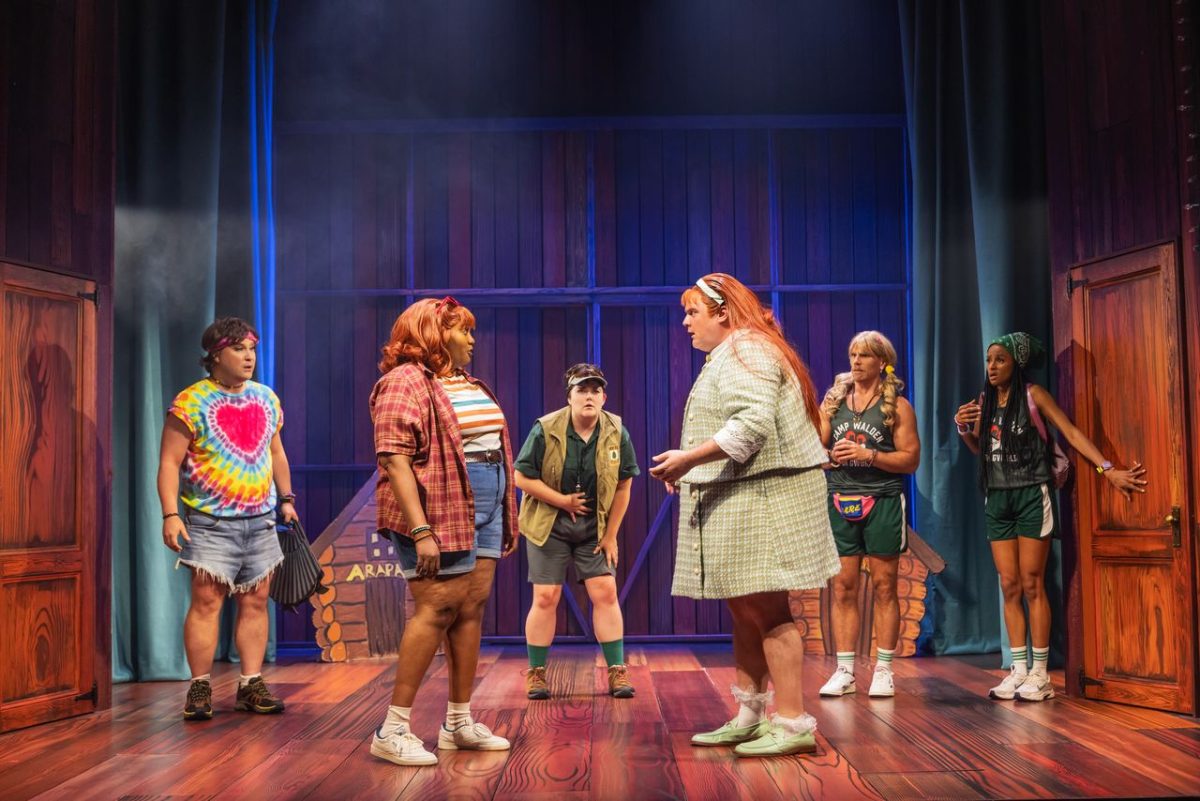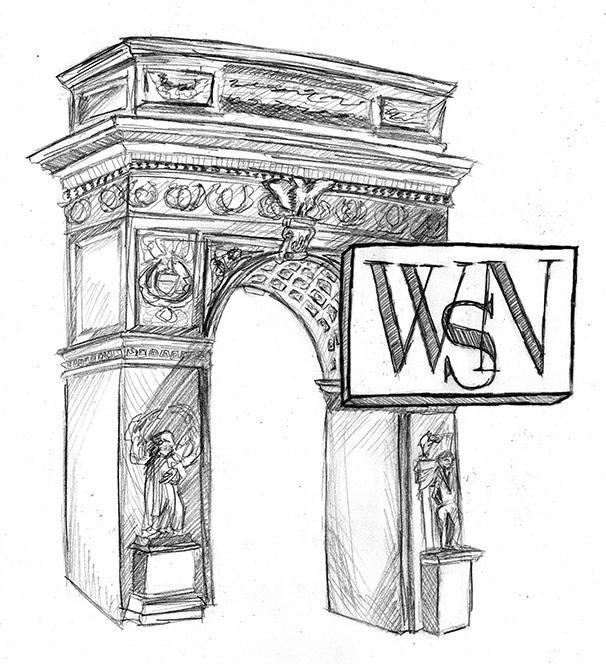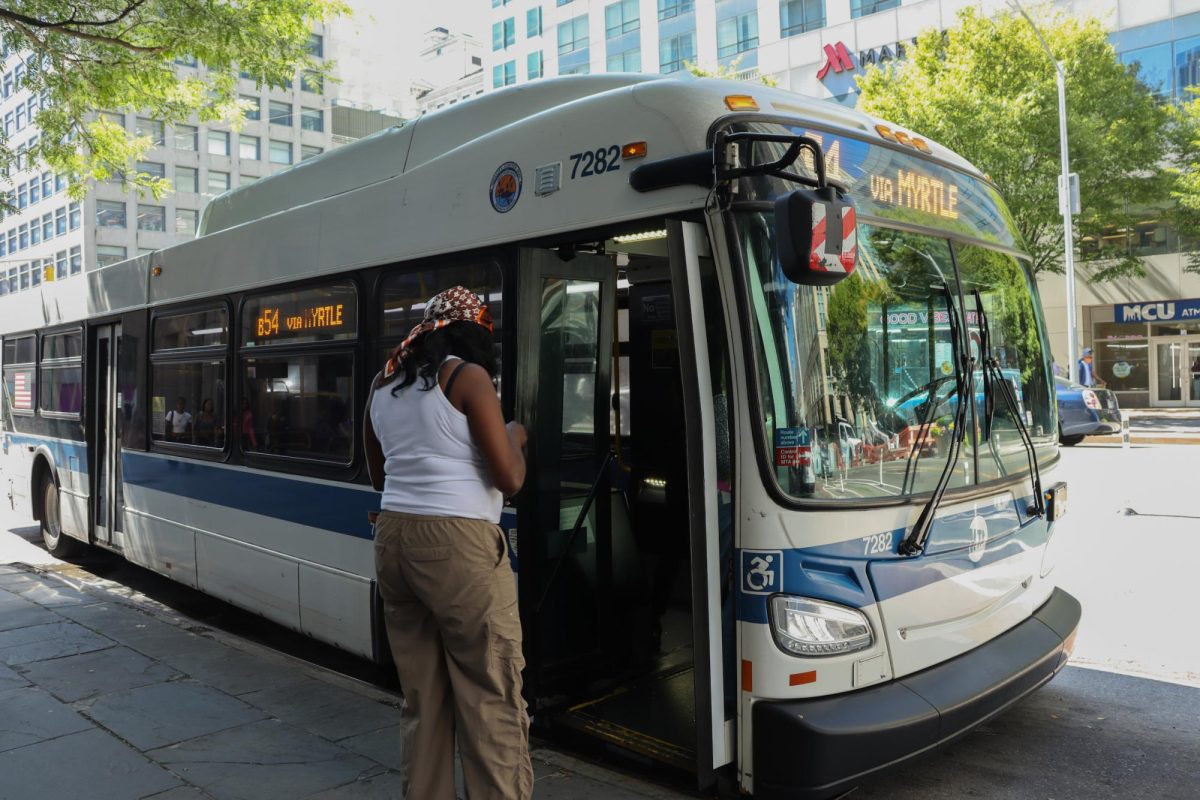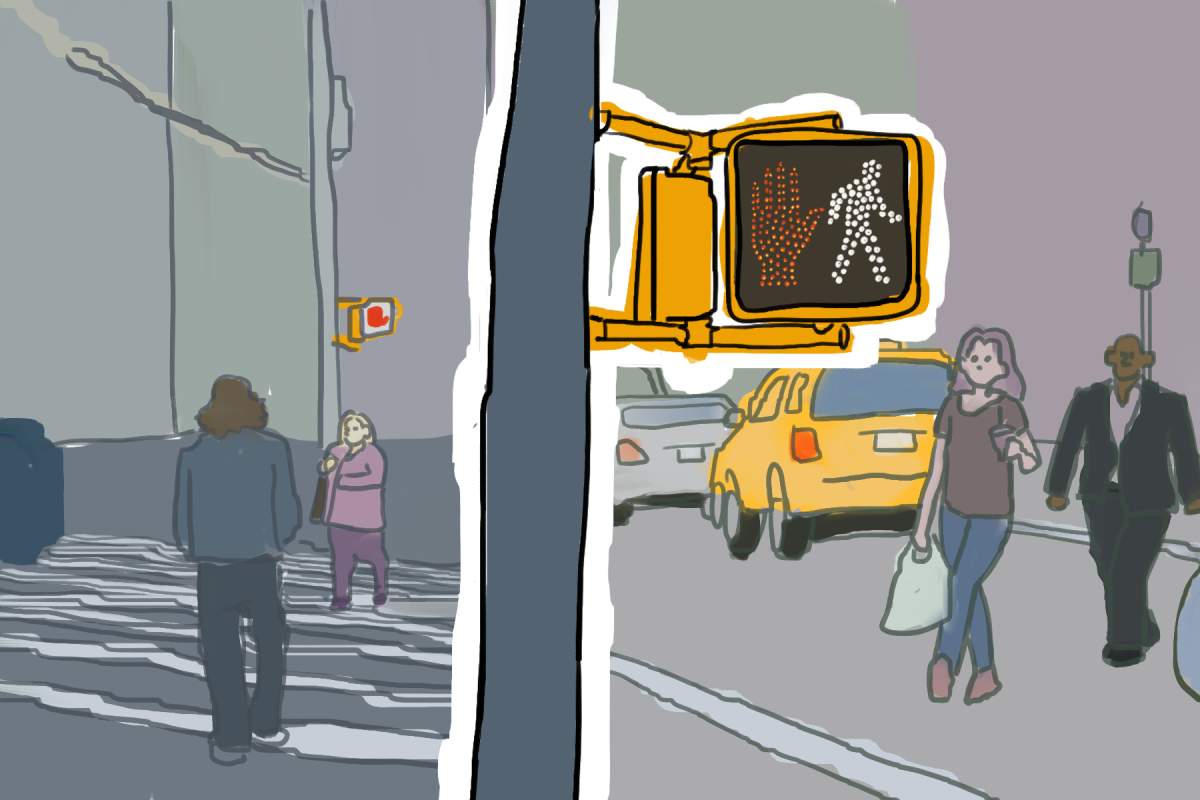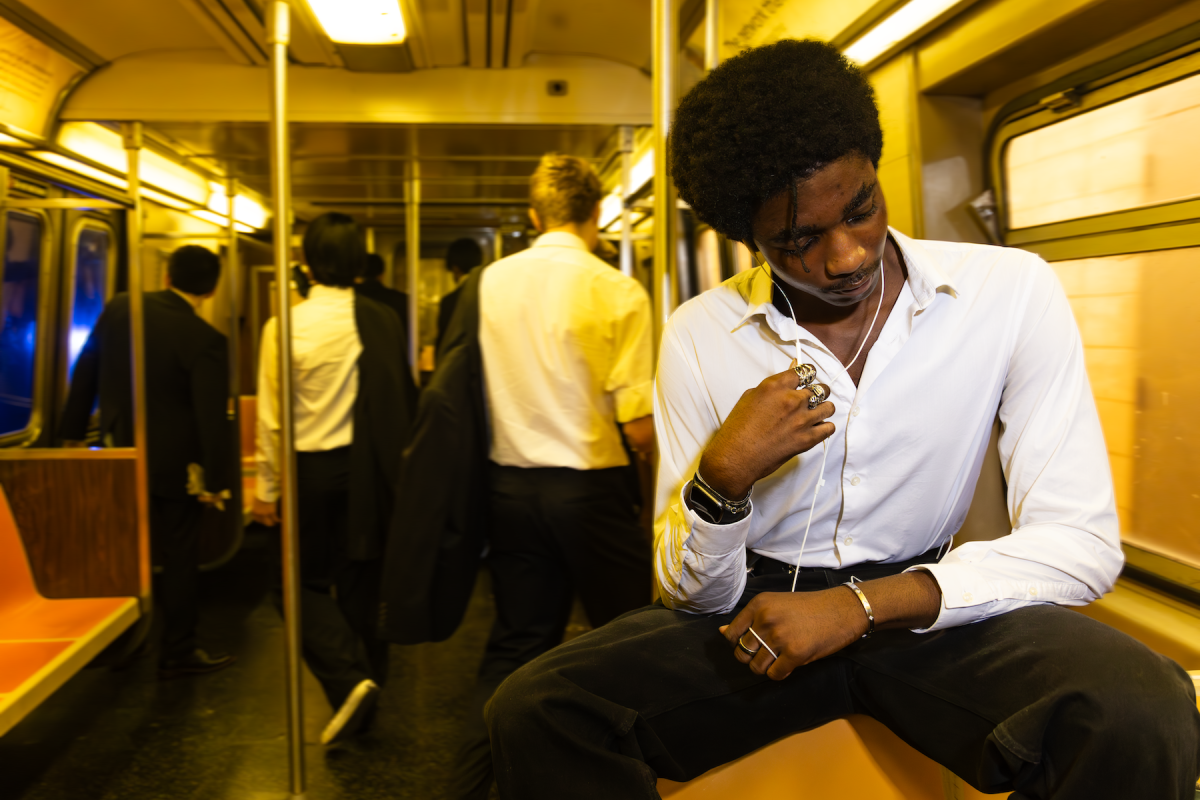Global Citizen Affirms Fear Is the New Normal
October 1, 2018
This past weekend, a shooting scare shocked thousands in the crowds at the Global Citizen Festival, a social justice-oriented concert held in Central Park that many NYU students attend each year. Someone accidentally stepped on a drink bottle, which created a loud noise that many automatically registered as gunshots, causing panic and fear among the crowd and resulting in a handful of injuries. Initially, the sound of gunshots was thought to have come from a fallen barrier. Upon hearing the popping noise, thousands of people ran to escape the park, leaving behind a litter of blankets, backpacks, shoes and wallets. Young concertgoers could be seen crying and calling their parents while others fell under the stampedes desperately fleeing the scene all for a false alarm. By the time the police confirmed that no shots were fired, crowds of people had already left before the headlining performer The Weeknd.
The fear that immediately spread throughout the mob of festival-goers was not so much due to a security problem but rather the issue with guns in the United States overall. Regardless of the position you may take in the gun control debate, the culture surrounding guns in this country is clearly toxic and dangerous and, if not addressed, will continue to strike unnecessary fear into the American people.
In 2018 alone, there have been 334 mass shootings in the U.S., resulting in 385 deaths and 1,247 injuries. The debate on gun control seems to be a permanent part of the American political discourse with no end or progress in sight. It is undeniable that guns are a quintessential part of this country’s culture. Whether it be the romanticization of violence during and after the American Revolution, the violent westward expansion of America in the 19th century or the increased militarization of American police in recent years, the firearm has been consistently injected into American life. The strong connection between the American identity — one that is often viewed as a melting pot and a beacon of diversity — and the proliferation of firearms greatly contributes to the prevalence of mass shootings.
It’s worth noting how specific a phenomenon this fear of mass shootings is to the U.S. If we compare America to another Western country, such as the United Kingdom, a starkly different picture emerges. British legislature surrounding firearms is far more restrictive. Ever since the country banned private citizens from owning most handguns in 1996, the U.K. has seen just one mass shooting. Though the U.K. has countless music events throughout the year, a comparable misunderstanding has not happened, likely because many Britons simply do not make the assumption that a loud noise could be a gun. Unlike the U.S., guns aren’t even remotely a part of the U.K.’s national identity.
The commonality of guns in the U.S. has resulted in an epidemic of gun violence unique to modern American culture. With the high frequency of school shootings and the gun control debate in partisan gridlock, this false shooting incident speaks to the trauma that we collectively carry as American students. Nearly 190,000 students across the country are survivors of school shootings since Columbine. Surely many of us remember where we were, what we were doing and the absolute horror we felt the moment we heard the news of these school massacres and threats of violence. These tragedies have permeated the political and cultural history of our generation, and this deeply embedded problem grows more and more shameful every day. How can we allow future generations of students to sit in classrooms and learn of how today’s policymakers simply neglected to protect the American people, time and time again, tragedy after tragedy? For the sake of our dignity as a country, something has to change.
Opinions expressed on the editorial pages are not necessarily those of WSN, and our publication of opinions is not an endorsement of them.
A version of this appeared in the Monday, Oct. 1 print edition.
Email the WSN Editorial Board at [email protected].





